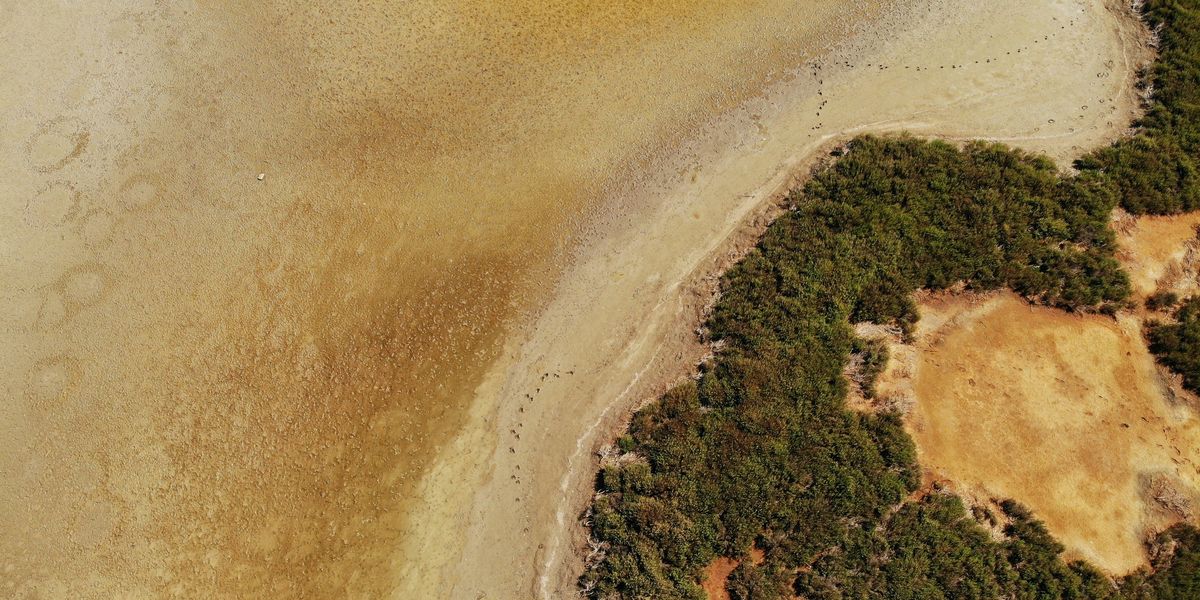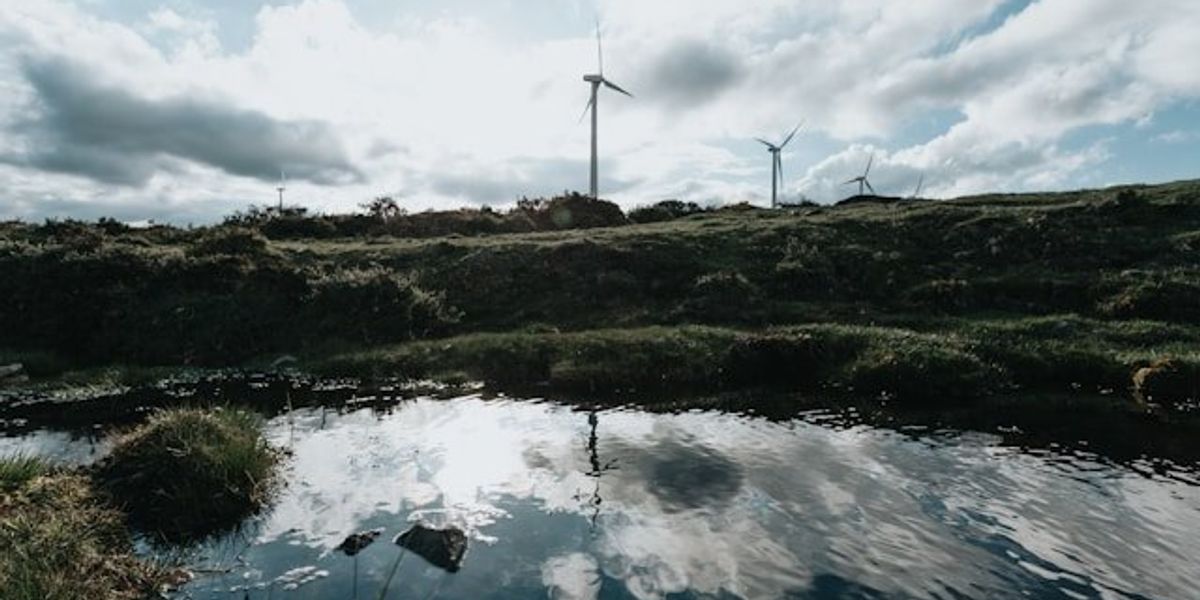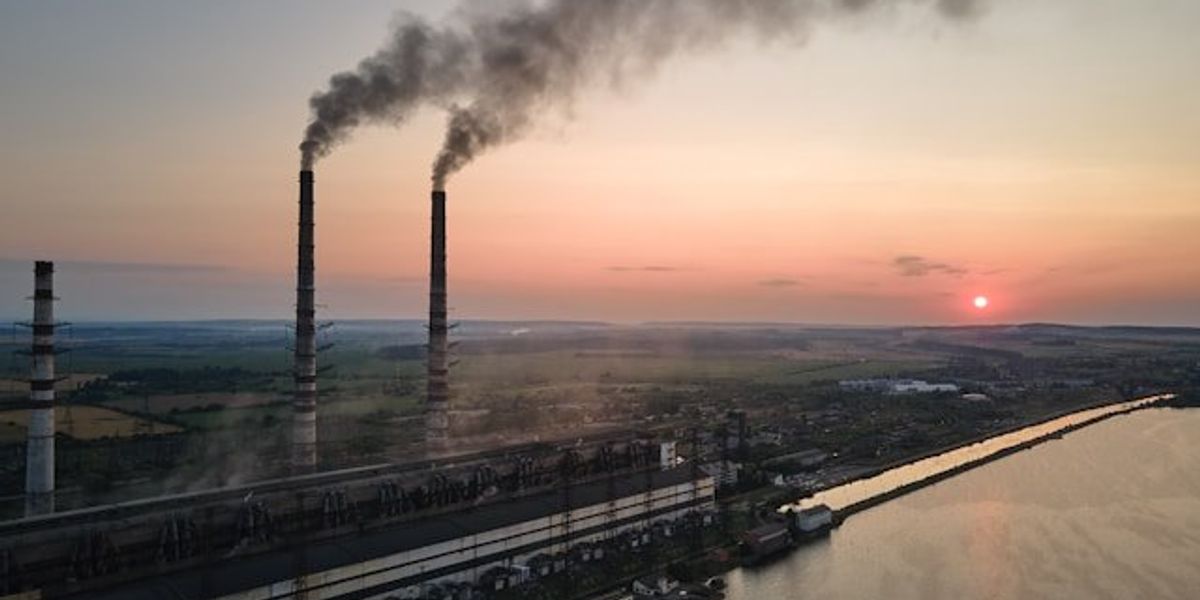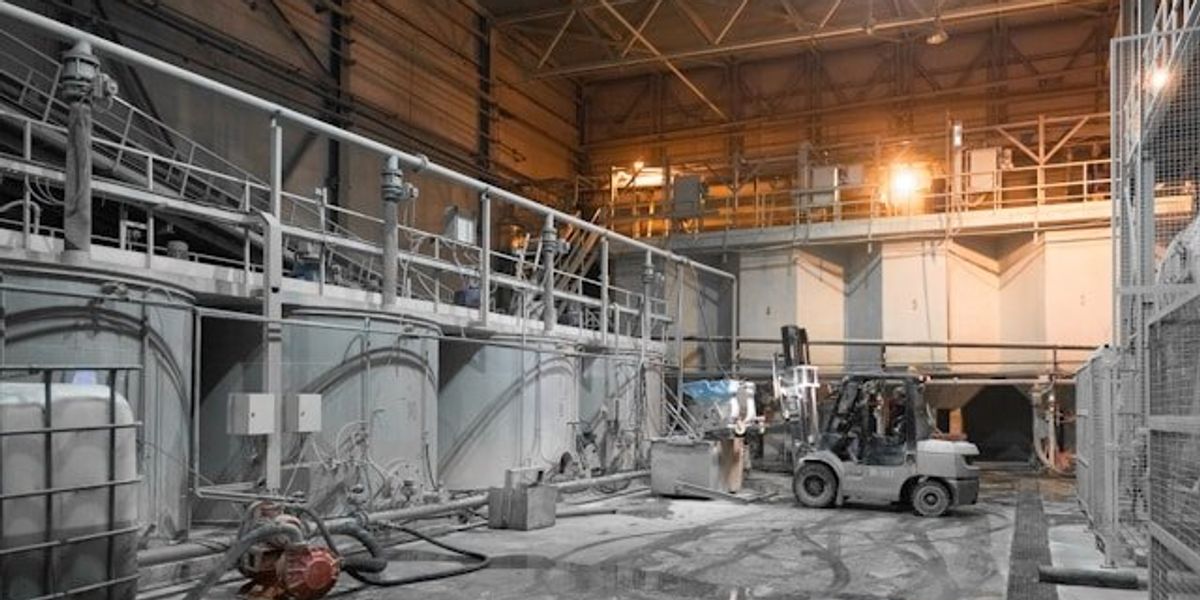
Nigeria’s drying rivers leave farmers without water as food prices climb
Farmers across northern Nigeria are abandoning crops as climate change drives up temperatures and dries up rivers, worsening food insecurity nationwide.
Dyepkazah Shibayan reports for The Associated Press.
In short:
- In Sokoto state and beyond, farmers are watching rivers vanish, driving down crop yields and forcing many to consider leaving agriculture altogether.
- Nigeria’s government declared a food emergency in 2023, but promised agricultural reforms — like activating 500,000 hectares of “land banks” — have yet to materialize.
- Climate change is combining with deforestation, outdated irrigation, and lack of water infrastructure to cripple smallholder farming, which provides 90% of the country’s food.
Key quote:
“There should be more orientation for farmers about climate change.”
— Yusuf Isah Sokoto, director of the College of Environmental Science at Umaru Ali Shinkafi Polytechnic
Why this matters:
Northern Nigeria sits on the frontlines of climate disruption. As rainfall patterns shift and dry seasons lengthen, the rivers that once sustained its agriculture are drying up. With rising temperatures and disappearing water sources, farmers here now face the double burden of lower yields and rising costs — especially as fuel prices spike for groundwater pumps. The result is a cascade of hardship: rural families lose income, more people go hungry, and cities like Lagos feel the pinch in skyrocketing food prices. This is a slow-moving disaster with global implications. Nigeria is on track to become the world’s third most populous country, yet it’s struggling to feed its people. As food insecurity spreads, so do risks of migration, social unrest, and deeper economic strain.
Related: Nigeria struggles to cool itself as temperatures rise and electricity remains scarce













